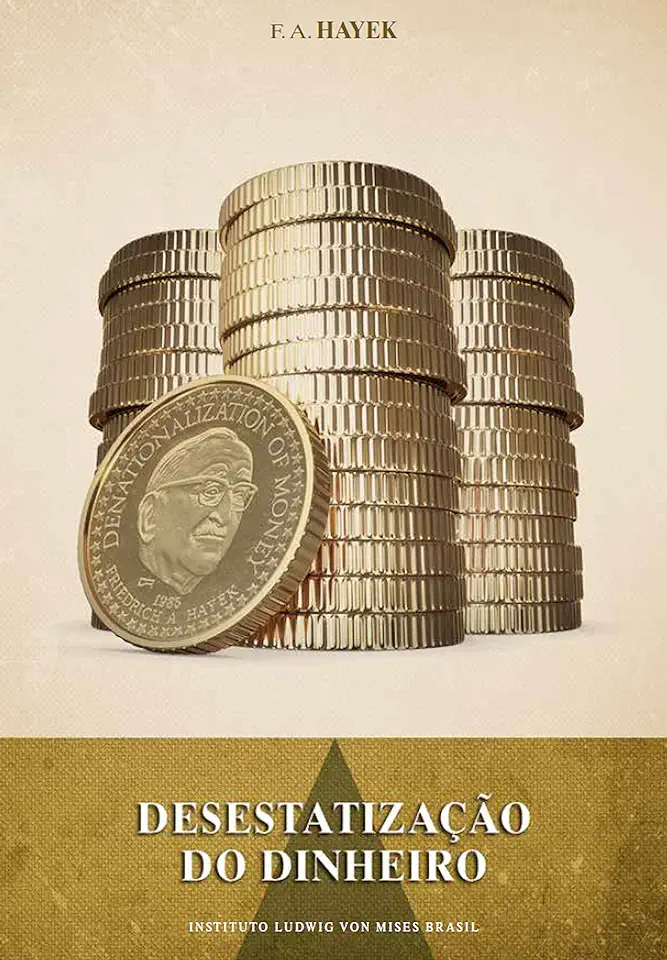
Denationalisation of Money - F. A. Hayek
Introduction: The Denationalisation of Money
In his seminal work, "Denationalisation of Money," renowned economist and Nobel laureate F. A. Hayek presents a compelling case for the denationalisation of money and the adoption of a free-market monetary system. Hayek argues that the current system of government-controlled fiat currencies has led to economic instability, inflation, and the erosion of individual liberty. He proposes a radical alternative: a system of private currencies issued by competing banks and backed by a commodity such as gold.
The Problems with Fiat Money
Hayek begins by outlining the inherent flaws of fiat money, which is money that is not backed by any physical commodity. He argues that fiat money is inherently inflationary because governments can easily create more money out of thin air, leading to a decrease in the value of the currency. This inflation harms savers, pensioners, and those on fixed incomes, while benefiting borrowers and those who can spend money quickly.
Hayek also argues that fiat money gives governments too much power over the economy. By controlling the money supply, governments can influence interest rates, credit availability, and the allocation of resources. This can lead to cronyism, corruption, and the misallocation of capital.
The Benefits of Denationalisation
Hayek proposes a solution to these problems: the denationalisation of money. He argues that the government should no longer have a monopoly on money creation and that private banks should be allowed to issue their own currencies. These currencies would be backed by a commodity such as gold, which would provide stability and prevent inflation.
Hayek believes that a free-market monetary system would have several advantages over the current system. First, it would reduce inflation and protect the value of savings. Second, it would limit the government's power over the economy and promote economic freedom. Third, it would encourage competition and innovation in the banking sector.
Objections and Responses
Hayek anticipates several objections to his proposal and addresses them in detail. He argues that a free-market monetary system would not lead to chaos or instability, but rather to greater stability and efficiency. He also addresses the concerns of those who believe that private banks would have too much power and that the poor would be disadvantaged.
Conclusion: A Call to Action
Hayek concludes by calling for the denationalisation of money as a necessary step towards a more free and prosperous society. He argues that the current system of fiat money is unsustainable and that it is only a matter of time before it collapses. By adopting a free-market monetary system, we can avoid this collapse and build a more stable, prosperous, and just economy.
Why You Should Read This Book
"Denationalisation of Money" is a must-read for anyone interested in economics, monetary policy, and the future of money. Hayek's brilliant analysis of the problems with fiat money and his proposal for a free-market alternative are both timely and thought-provoking. This book is essential reading for anyone who wants to understand the challenges facing the global economy and the potential solutions.
Enjoyed the summary? Discover all the details and take your reading to the next level — [click here to view the book on Amazon!]